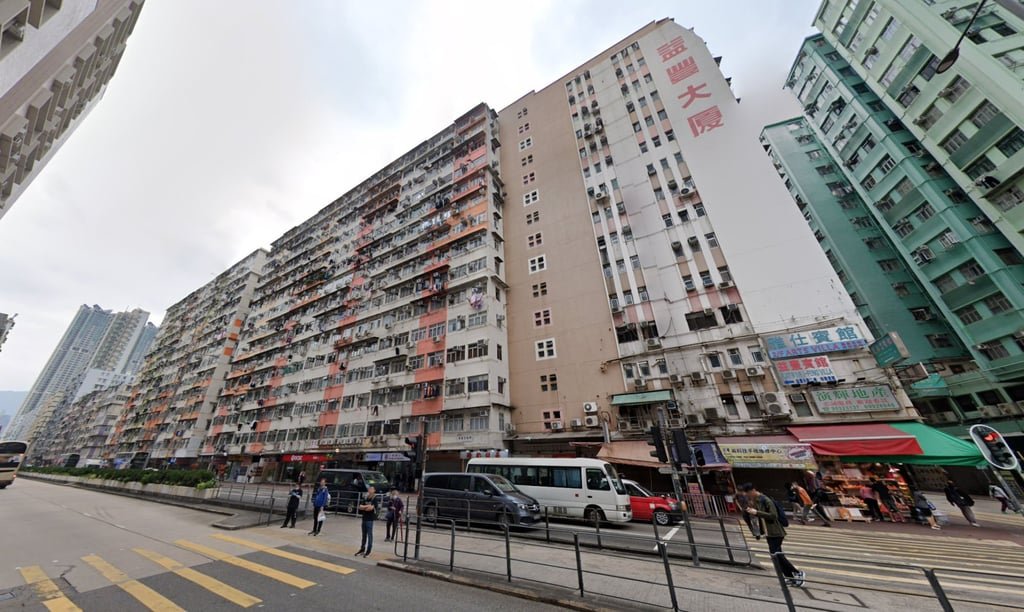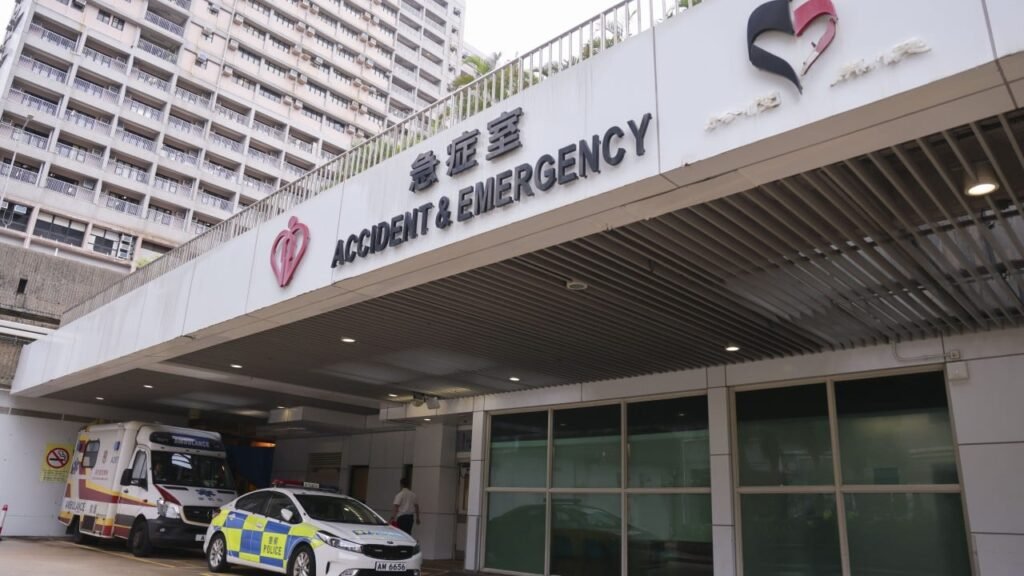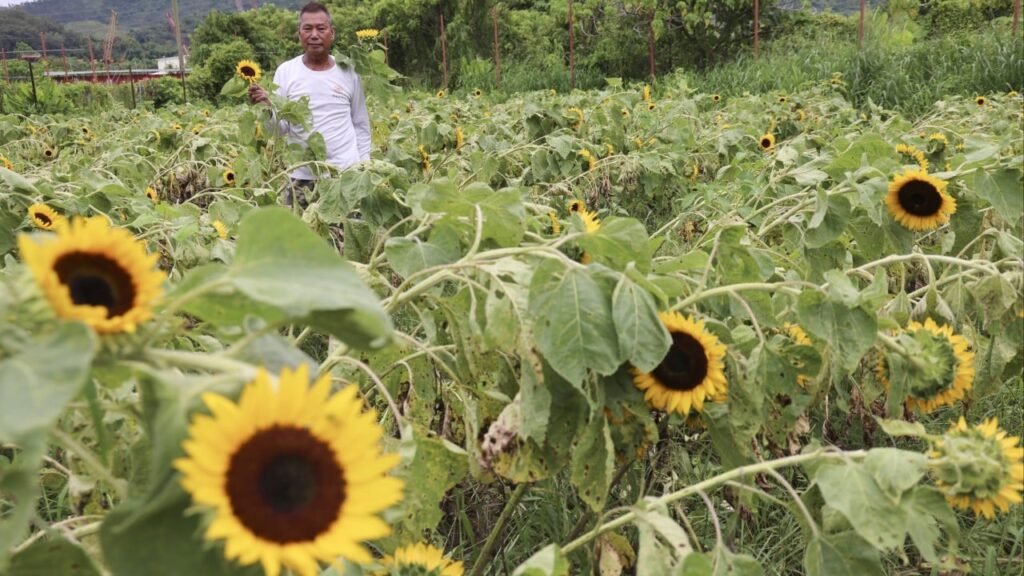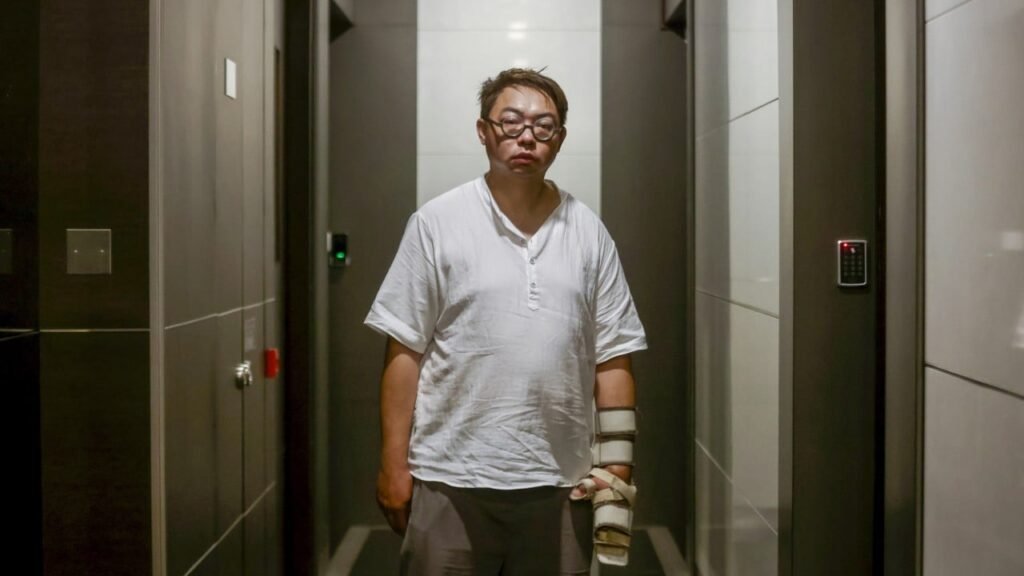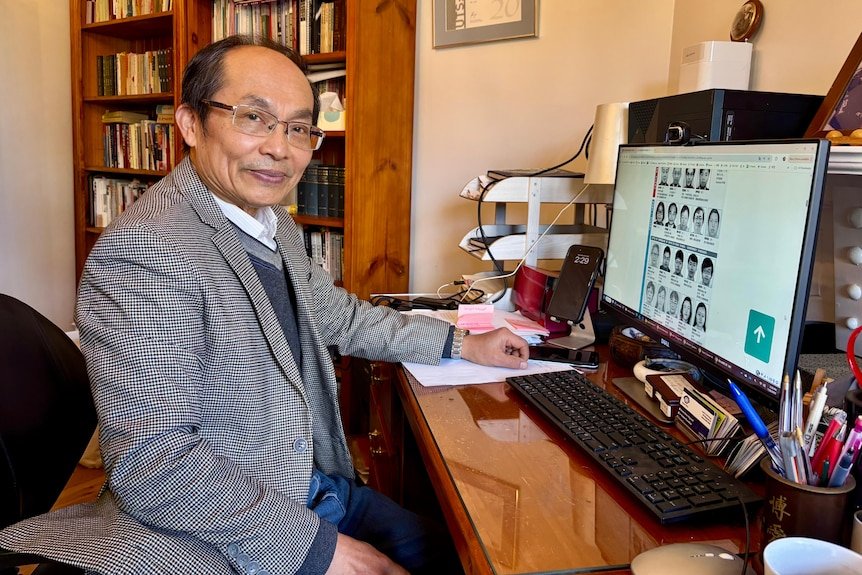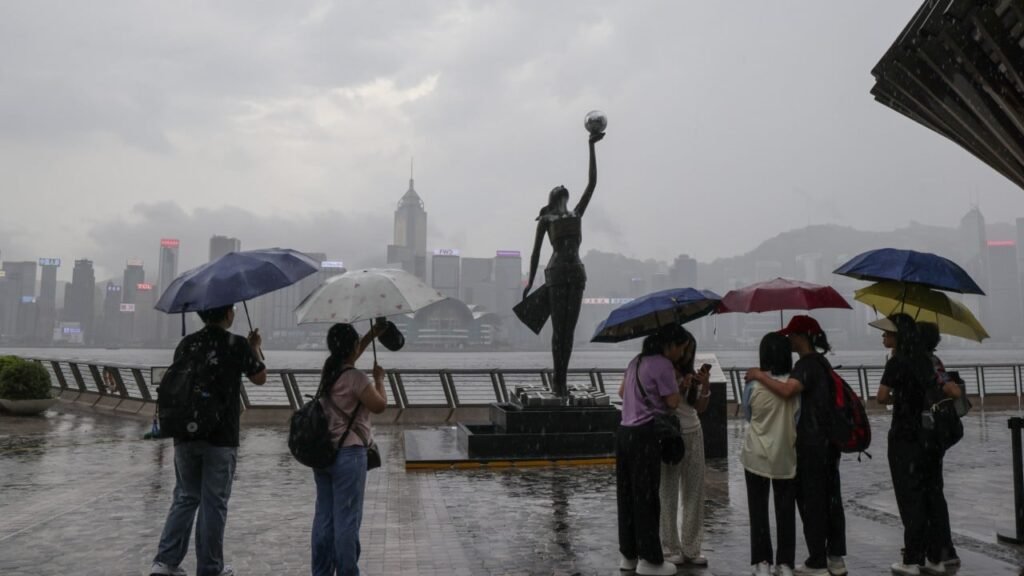International Conference of the Modernization of Chinese Medicine & Health Products to be held next month to foster progress in traditional medicine research
– The implementation of streamlined approval procedures for Hong Kong- and Macao-registered proprietary Chinese medicines (“pCms”) by mainland China presents significant opportunities for Hong Kong companies to expand into the Greater Bay Area and other mainland market.
– A unified and comprehensive registration system strengthens the quality control of Hong Kong’s pCms, reinforcing confidence among other regulatory bodies and stakeholders.
– Hong Kong’s first Chinese medicine hospital will gradually commence operations by year end. This will help promote the popularity of Chinese medicine and pCms.
HONG KONG – July 25, 2025 (NEWMEDIAWIRE) – The Hong Kong Trade Development Council (“HKTDC”) today released a report, “Challenges and Opportunities in Hong Kong’s Proprietary Chinese Medicine Industry,” that analyses the sector’s development, challenges, and export potential of Hong Kong’s pCm sector. With the completion of the transitional registration process for pCms in June this year, all pCms sold in Hong Kong now hold formal registration, marking a new era in the regulatory regime. The Chinese Medicine Hospital of Hong Kong is set to begin operations by late 2025 further popularising pCms. Additionally, mainland China has streamlined approval procedures for Hong Kong-registered traditional pCms, creating easier access to the mainland market.
Hong Kong’s pCms enjoy a strong reputation, with streamlined registration procedures facilitating expansion into the Mainland market
Hong Kong currently has approximately 2,000 companies involved in pCms and Chinese herbal medicine-related businesses, including import/export trade, manufacturing, wholesale and retail. Among these, some 264 enterprises are listed as local pCm manufacturers. The majority of pCms produced in Hong Kong are geared toward the consumer market. In 2024, Hong Kong’s pCm exports totaled HK$2.88 billion with 93% locally produced, setting the industry apart from re-export-driven sectors. Mainland China remains the largest export market, accounting for over 70% of exports, followed by Macao (20%), and ASEAN (6%).
Wing Chu, Principal Economist (Greater China) of the HKTDC, stated: “Many Hong Kong proprietary Chinese medicines companies are eager to expand exports especially to the mainland market although pCm imports in mainland China are relatively small, with different pCms registration system and technical standards from those of Hong Kong. Notably, Hong Kong’s pCms are highly regarded in Southern China and overseas Chinese communities, and streamlined approval procedures in mainland China for traditional pCms of Hong Kong and Macao offer significant opportunities for Hong Kong businesses to expand into the Greater Bay Area and other mainland markets. Additionally, the rise of online shopping enables companies to leverage cross-border e-commerce platforms to access mainland and overseas markets, provided they comply with the corresponding regulatory requirements.”
Comprehensive registration system drives standardisation of Chinese medicine
The report indicates that, in recent years, the HKSAR Government has actively promoted the development of Chinese medicine. Key initiatives include the establishment of the Chinese Medicine Council of Hong Kong to oversee the registration and management of pCms, and continuous support for Chinese medicine services in areas such as education, medical treatment, and scientific research. These efforts have enabled Hong Kong to cultivate professional Chinese medicine talent and promote the modernisation of Chinese medicine. Earlier this month, some 345 Hong Kong enterprises, including traders, registered a total of 8,244 pCms.
The report states that a unified and comprehensive registration system enhances the quality control of Hong Kong’s pCms, further increasing the confidence of other regulatory bodies and stakeholders in these products. Hong Kong’s first Chinese medicine hospital is set to open in late 2025, providing comprehensive diagnostic and treatment services with Chinese medicine, which will drive the popularisation of Chinese medicine and pCms.
In addition, Hong Kong pCm companies and local universities are committed to developing new pCms to further expand the market. Recently, the Centre for Chinese Herbal Medicine Drug Development at Hong Kong Baptist University (HKBU), funded by the Innovation and Technology Commission of HKSAR Government under the InnoHK Research Clusters, developed a novel drug, CDD-2101, for the treatment of chronic constipation. The innovation is based on previous pilot clinical studies and basic research on the traditional Chinese herbal formulation “MaZiRenWan”. For the first time, it has received authorisation for clinical research in the United States.
Prof. BIAN Zhaoxiang, Director of the Centre for Chinese Herbal Medicine Drug Development and Associate Vice-President (Clinical Chinese Medicine) at HKBU, said: “Our goal is to collect sufficient safety and efficacy data to obtain FDA approval for CDD-2101 as a marketable new drug and successfully launch it in the United States. This represents not only a major breakthrough in the research and development of Chinese medicine in Hong Kong but also an important step in driving the standardisation and internationalisation of Chinese medicine.”
Mainland market surpasses RMB450 billion
Mainland China, the world’s largest pCm market valued at RMB450 billion, streamlined registration and approval procedures in 2021 for traditional pCms for external use being sold in Hong Kong and Macao. In January 2025, the National Medical Products Administration further simplified the approval process for traditional pCms for oral use, provided they have been in use in Hong Kong for more than 15 years and whose production processes comply with Good Manufacturing Practice (GMP) requirements. Relevant application materials and technical requirements were also released in April this year. The report notes that the implementation of the streamlined registration procedures opens a more convenient channel for Hong Kong companies to expand into the Greater Bay Area and other mainland markets.
The recognition and acceptance of pCms differ across overseas regions. In many international markets, pCms are categorised and regulated as herbal medicines, health foods or dietary supplements. However, many Southeast Asian countries have specific, similar legal requirements for pCms, providing a clear pathway to enter these markets.
The rapid growth of global e-commerce has created new sales channels for Hong Kong’s pCms through cross-border e-retail. For the mainland market, the report points out that certain pCms for external use, such as Chinese medicinal wines and cooling oils, have been incorporated in the Cross-border E-commerce Retail Import Commodity List, allowing relevant products to be sold to mainland China through cross-border e-commerce channels.
In overseas markets, the e-commerce retail sector in ASEAN is experiencing significant growth, fueled by robust demand for herbal and health-related products in local markets. By adhering to local regulations, Hong Kong pCm enterprises can capitalise on additional business opportunities through online channels.
Annual Chinese Medicine Conference to Share Latest Research Findings
To foster the development of the Chinese medicine industry, the International Conference of the Modernization of Chinese Medicine & Health Products will be held at the Hong Kong Convention and Exhibition Centre from 15 to 16 August 2025. The conference is jointly organised by the Modernized Chinese Medicine International Association, the HKTDC and 10 scientific research institutions. During the event, 21 scholars and experts from medical schools, research institutions, pharmaceutical companies and organisations from mainland China, Hong Kong, Malaysia and Thailand will discuss the latest research progress in the prevention and treatment of tumors, inflammation, and cardiovascular and cerebrovascular diseases using traditional medicine. They will also present a number of related clinical research results and share successful cases. For more details, please visit: https://www.hktdc.com/event/icmcm/en.
Report and photo download: https://bit.ly/45kCaXu
Media Enquiries
Ogilvy Public Relations
HKTDC’s Communications and Public Affairs Department
Media Room: http://mediaroom.hktdc.com
About HKTDC
The Hong Kong Trade Development Council (HKTDC) is a statutory body established in 1966 to promote, assist and develop Hong Kong’s trade. With 50 offices globally, including 13 in Mainland China, the HKTDC promotes Hong Kong as a two-way global investment and business hub. The HKTDC organises international exhibitions, conferences and business missions to create business opportunities for companies, particularly small and medium-sized enterprises (SMEs), in the mainland and international markets. The HKTDC also provides up-to-date market insights and product information via research reports and digital news channels. For more information, please visit: www.hktdc.com/aboutus.

